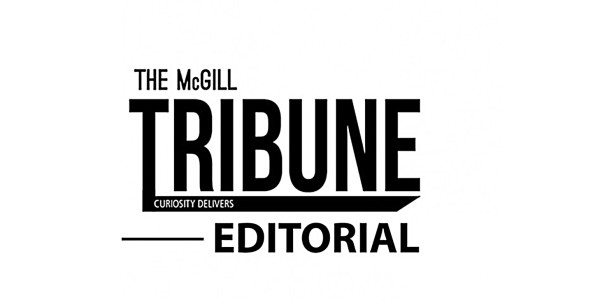Last Wednesday, Sept. 4, the Parti Québécois (PQ) marked its one-year anniversary of minority governance. Over the past year the government has had various troubles, including, most prominently for this editorial board, the party’s complete duplicity on university tuition, first freezing tuition increases and then enacting harsh budget cuts. However, it seems as if the PQ has found itself a distraction from the year’s political missteps.
In late August, news was leaked that the PQ government was considering enacting what it called a “Charter of Quebec Values.” Chief among the provisions is a set of restrictions on provincial government employees wearing various religious symbols while at work. Much of the early coverage framed the provision as a means of capitalizing on the “integration” wedge issue, already awakened by the debate earlier in the summer over an attempt by the Quebec Soccer Federation to ban the wearing of Sikh headwear during matches in the province. That attempt was quickly abandoned after receiving justified repudiation from all quarters, including an official statement from FIFA that torpedoed the provision’s rather dubious justification of player safety.
“Restricting religious freedom […] is a losing proposition for immigrants and also for Quebec itself.”
It might be just as well that the PQ wants to drive these wedges back into the electorate. Polling shows that the actual issue of sovereignty—ostensibly the PQ’s raison d’etre—is at best a politically dormant proposition. These attempts to assert control over religious and cultural minorities, which have the added side benefit of stirring up federal-provincial friction, do well in polls with significant parts of the Quebec electorate, even in the face of opposition from quarters normally supportive of sovereignty.
Despite the popular support it enjoys in some quarters, the current Charter of Quebec Values is a decidedly ill-considered project. Forcing government workers to choose between their jobs and their religion, particularly in situations where observing a religion presents little, if any, disruption to the work environment, is the kind of pernicious intrusion on individual rights that has no place in a free society. This restriction, which would function as a de facto bar from employment for individuals of certain religious groups, raises serious questions on the Charter.
On a more practical level, restricting religious freedom—in a manner that will inevitably have a disparate impact on mostly nonwhite, non-Christian religious practitioners, is a losing proposition not just for immigrants to the province but also for Quebec itself. The province has long been losing population to the rest of Canada, and with relatively low birth rates, immigrants have long been counted on to stem the province’s population decline.
By instituting such a policy, Quebec risks losing valuable contributors to society. For example, increases in hospital wait times are being threatened if Sikh and Muslim doctors are driven out of practicing while observing their religions.
This editorial board believes that to create such an environment of hostility to outsiders—be it based on language, ethnicity, or religion—will only make this province less appealing to newcomers, including McGill students. From the board’s vantage point, multiculturalism is not, as Premier Marois seems to view it, a failed social policy precipitating violence, but rather, one of the guiding values not only of this institution and its student body, but also of this nation. We hope that Marois will stop pandering to baser instincts of provincial public opinion and instead look at the bigger picture.









